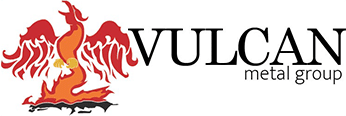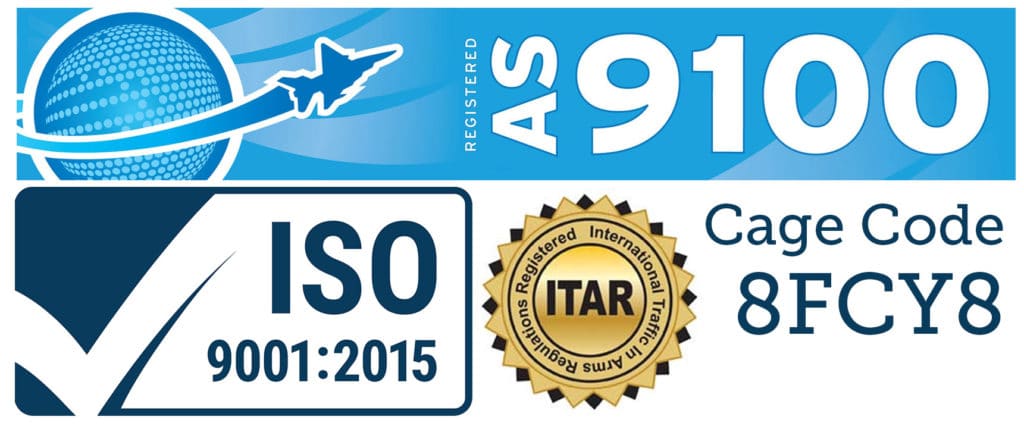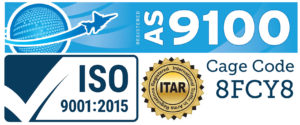Refractory & Specialty Metals’ Contribution to Corporate Sustainability Targets
The use of refractory and specialty metals are projected to increase exponentially as innovation and demand for electronics, medical device and mil-aero products increase.
Boeing sustainability goals
“Prevent pollution by conserving energy and resources, recycling, reducing waste, and pursuing other source reduction strategies. Continually improve our environmental management system. Work together with our stakeholders on activities that promote environmental protection and stewardship.”
Because of their inherent properties (high-temperature resistance, low expansion, hardness and corrosion resistance, and good electrical and thermal conductivity) the benefit of using these pure and alloy materials can align with purchasers’ corporate sustainability targets and practices. Here, we review a few examples of how refractory and specialty metals contribute to sustainability in manufacturing.
Insulation Properties:
Heat loss and temperature control are improved when using refractory materials. Tungsten, molybdenum, niobium, and rhenium are examples of materials that reduce heat transfer when used specifically to manufacture furnaces and kilns.
Low Energy Coefficient:
A low thermal mass is another inherent property of refractory metals. Since they require less energy for start-up and shut down cycles, they in turn reduce energy consumption.
Cleaner Combustion:
The oxides in refractory metals promote efficient combustion and reduce carbon monoxide (CO) and nitrogen oxide (NOx) greenhouse gas emissions.
Less Machining Waste:
The advances in CNC program refinement can have a significant impact on reducing exotic material waste. Adaptive controls, sensors and feedback mechanisms within the CNC machine adjust the machining parameters instantly, adjusting cutting conditions in real time to increase precision. Using high-end cutting tools that maintain their sharpness with high-quality, heat-resistant and environmentally friendly lubricants reduce chipping material waste and energy-efficiency, contributing to good sustainability practices.
Circular Economic Opportunity, aka Recycling:
There are recycling opportunities at various stages of the refractory and specialty metal production cycles. Starting with biproduct from preparing new raw materials to the renewal of used products, there is a market and financial opportunity for smart disposal of refractory and specialty metals. These unwanted materials become valuable in new applications and become part of the circular economy. Successfully recycling also eliminates costly disposal fees.
Durable, Long-lasting, Heat and Harsh Environment Tolerant:
Using the most durable materials that are resistant to extreme temperatures and other harsh conditions extends products’ operational lifespans. Thus, components made from refractory and specialty materials are helping manufacturers and end-users reduce waste, saving valuable resources over time.
Vulcan Metal Group values working smarter. We employ practices that reduce waste and energy consumption to maximize sustainability best practices. Reach out to us today for a quote or more information about our sustainability policy.
Address
Vulcan Metal Group LLC
23888 Madison Street
Torrance, CA 90505
United States
Phone / Fax
Phone: +1 310.882.6841
Fax: +1 310.893.0579
Cage Code
8FCY8
Quality Policy: Vulcan Metal Group, LLC. supplies mission critical, special purpose materials, and products at a competitive price. The company’s quality system is registered to ISO 9001 and AS9100 and follows its principles for the governance of the business. An active continual improvement program and compliance with all applicable OSHA, federal, and state regulations is maintained.


